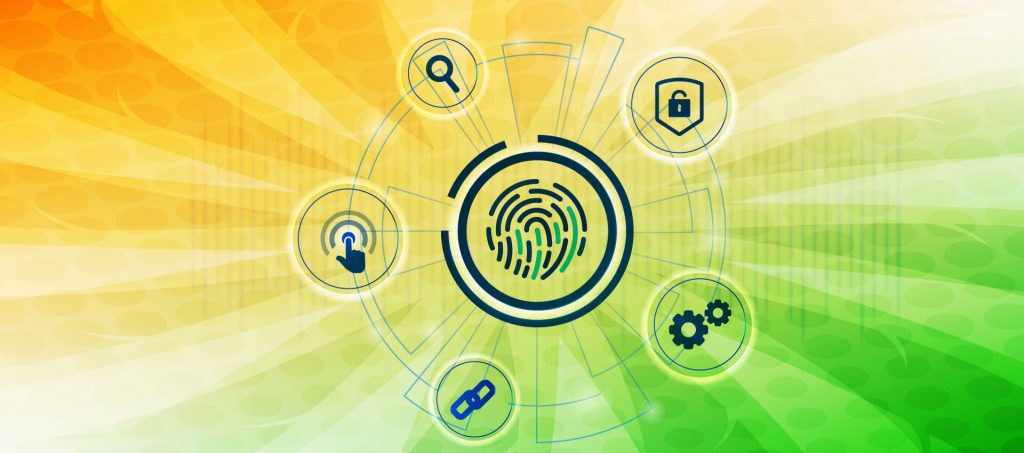Hi Guys, Just yesterday we completed 74 years of Independence.
Do we really understand the meaning of Independence?
Are we really independent in the truest sense?
One of the safest forms of being independent is keeping oneself SAFE as well as our data SAFE hence THIS is what we are highlighting today in our blog.
In the next 3 minutes, I will try to explain where we stand and what we need to do. After all, we are the first line of defense to protect our personal and sensitive information while diving in an ocean of the digital world.
What is personal data
- Any information relating to identified or identifiable individual
- Bank Details
- Mobile Number
- Biometric data
- Religious beliefs
- Genetic Data
- Sexual Orientation
- Health Data
Type of Data Privacy
- Bodily Privacy
- Territorial Privacy
- Communication Privacy
- Informational Privacy
How can we protect from misuse of data
- Manage Data Access
- Monitor User Actions
- Stay Informed
- Educate your Employees
Do you think a ban on Apps is the permanent solution?
Data Privacy
Data Privacy is a part of data security. It is concerned with the proper handling of data – notice, consents and regulatory obligations. We can classify privacy into four types:
- Bodily Privacy – Any physical data by which the person can be easily identified, such as Genetic Testing.
- Territorial Privacy – A limit on one’s ability to intrude into one’s private space for instance your home. For example, CCTV data footage.
- Communication Privacy – Any information pertaining to pursuing a digital communication such as Email monitoring.
- Informational Privacy – Any information relating to identified or identifiable individuals such as bank account number, Mobile number, Gender etc.
Data Protection Principles
Data protection principle guides to collect, use, handle and protect the data. The following principles give a deeper idea of how the data is being protected:
- Transparency – What personal data may be collected and how that data will be processed.
- Consent – Individual’s stated decision about whether his personal data can be processed.
- Data Minimization – Limiting the collection of personal data to only that which is needed for a specific purpose.
- Purpose Limitation – Personal data obtained for one purpose should not be processed for other purposes.
- Access – Refers to an organization’s obligation to provide individuals access to their information, which may include the ability to view, challenge, edit, delete or receive copies of one’s own personal data.
- Security – Maintaining the confidentiality and integrity of personal data.
Does India have a Data Protection Act?
Unfortunately, No. India does not have a specific strong Data Protection Act such as a GDPR, CCPA and EU Cookie Law. But India legislature did amend the Information Act (2000) to include section 43A and 72A which give a right to compensation for improper disclosure of personal information.
In 2011, the Indian Govt amended the “Rules” under section 43A and clarification is issued on 24th August 2011. The Rules have imposed additional requirements on commercial entities relating to the collection and disclosure of sensitive personal data which is somehow similar to a GDPR and Data Protection Directive.
Indian Govt introduced “The Personal Data Protection Bill” in 2019 in Lok Sabha. This bill seeks to provide for the protection of personal data of individuals and establishes a Data Protection Authority for the same. But we still need strong implementation of this bill which help to make transparency while handling sensitive personal information. Read more about the “The Personal Data Protection Bill” 2019.

